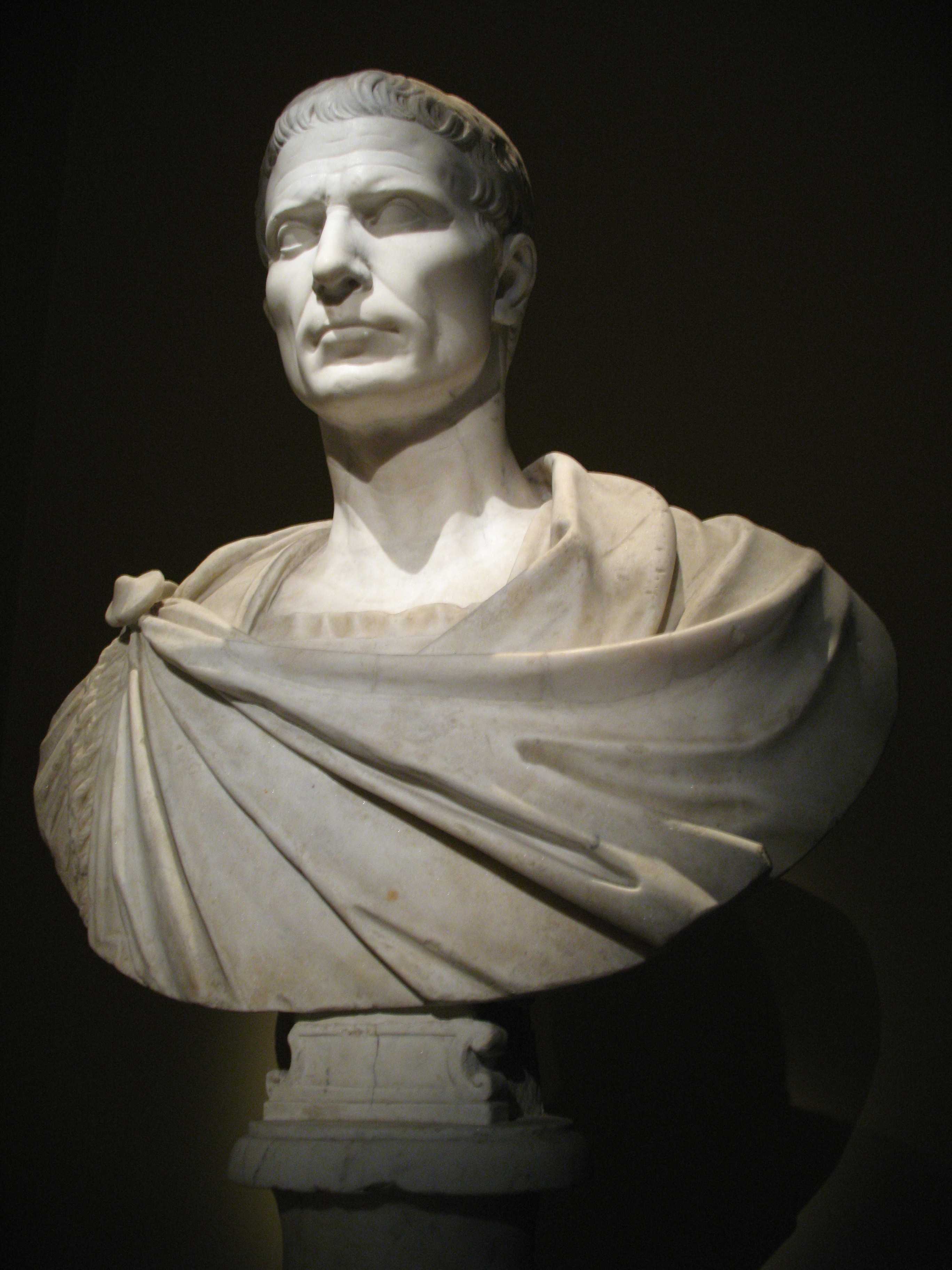
Cyrano de Bergerac
Playhouse Theatre, 30th January 2020
I appreciate the utter pointlessness of me rabbiting on right now about theatre productions that have come and gone but since I am ill equipped to do anything but stay out of the way as instructed, then forgive me my indulgence. Actually I can, as maybe some of you can, by shifting a few quid in the direction of those that need it. Theatres, homeless charities, food banks and women’s refuges all need the money you are saving from staying. If you find yourself, like me, in a position of fortunate security right now this is the least you can do.
The Tourist is not a big fan of the value/comfort ratio offered at the Playhouse Theatre. Compounded with the aggressive pricing strategy pursued by the Jamie Lloyd Company and producers in the current season as they seek to hook the punters in with big name stars of the big screen. And, whilst being a big fan of his librettos for the operas of George Benjamin, I have been a little underwhelmed by recent productions of Martin Crimp’s own plays.
Still there is a reason why (I think I am right in saying this) Edmond Rostand’s Cyrano de Bergerac is the most oft performed play in the French language, subject to many interpretations at home and abroad. And, plainly, the critics adored it. So, after a long wait, the Tourist finally secured a ticket for his favoured pitch at said Playhouse at a fair price and settled in to see what all the fuss was about.
Well if you have seen it, live or via the cinema broadcast before you know what put paid to Life As We Knew It, then you will know that the hype is to be believed. It remains just a slam dunk brilliant story but MC’s jaw dropping contemporised verse translation/adaptation, Soutra Gilmour’s stripped bare set and a magnificent cast led by a magnetic James McAvoy, have turned it into landmark theatre.
Modern dress, microphones, bare wood stage, cast always on show, minimal propping. All the art regie-theatre tropes are on display. You don’t get much to look at for your money. Not even a false nose. But what you do get is brilliant story telling which thrillingly celebrates the art of language and communication. Between characters, actors and audience. This is still supposed to be a French theatre in 1640. But there are no visual clues. Everyone is miked. With supplementary beat-box courtesy of Vaneeka Dadhria.
Of course the style, in all senses, was set to appeal to a younger than normal audience. The young adults at the performance the Tourist attended brought infectious energy which melted even this curmudgeonly heart. but the real triumph is the way that James McAvoy as proud artist/hero Cyrano, Eben Figuieredo as sincere jock/lover Christian and Anita-Joy Uwajeh as a feminist/intellectual Roxane are all simultaneously confident and vulnerable, desperate for and dismissive of, love, in a way that is both right now and timeless. This yin and yang from the central menage a trois, with the added prodding, pimping and pumping from the other characters, (notably Michele Austin as cook/poet and Tom Edden as baddie De Guiche), seeps into the rhythm of the text, alternately muscular and tender. The cast never lose sight of the story and there are, even with the threadbare visual resources, some stunning scenes, aided and abetted by Jon Clark’s lighting and the Ringham boys’ sound design, notably the classic wooing switch. But it is MC’s text that is the star of the show. Along with the amazing Mr McAvoy. Like Jamie Lloyd we all know the Scottish fella has just got it. White Teeth, Last King of Scotland, State of Play, The Ruling Class. All proof for me with no need to touch any of his Hollywood blockbusters.
Jamie Lloyd’s triumphant direction, (with a shout out to Polly Bennett’s movement), make this stylised take zip along, nothing getting in the way of poetry or character. OK so there are times when the imperative to claim immediate relevance masks the pathos, especially at the rushed conclusion, (though there were still plenty of throat lumps, oohs and aahs in my audience), but this is a still price to pay for the meaning uncovered and excitement generated by the production.



